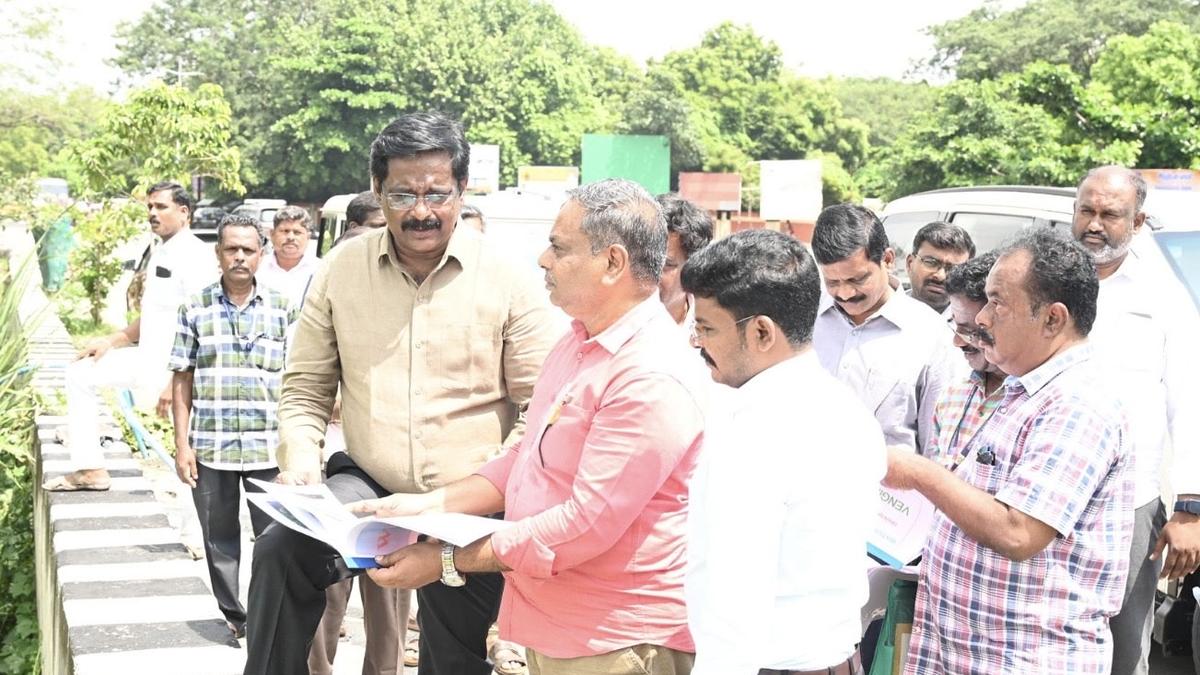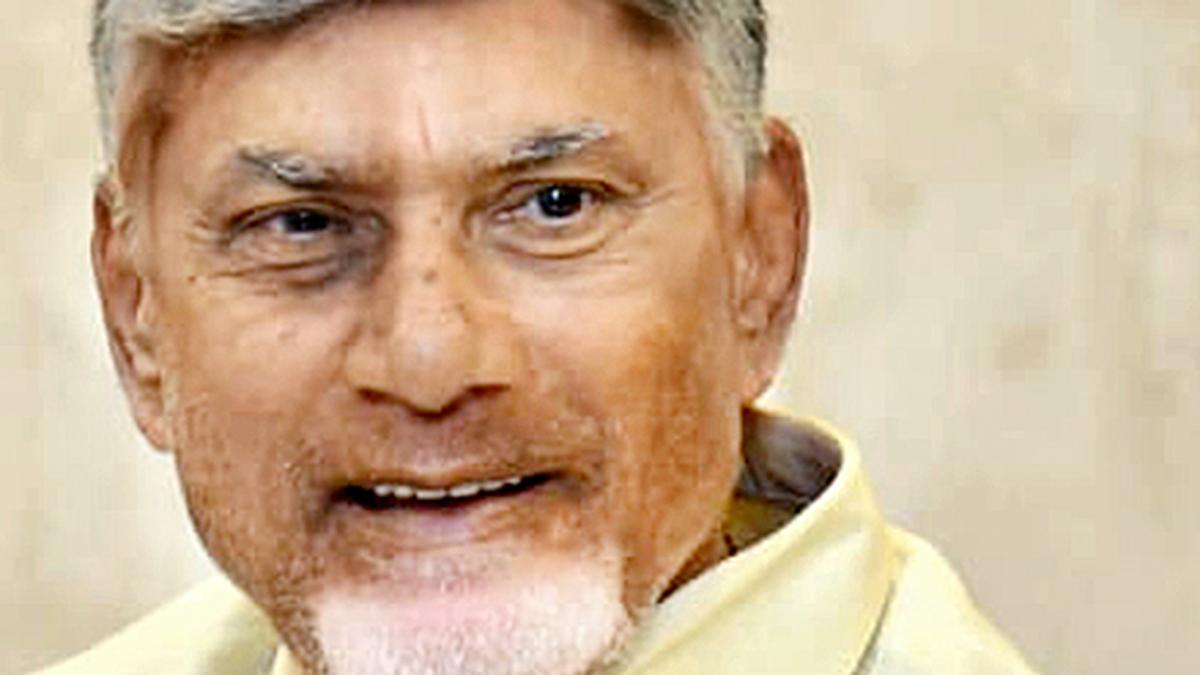RAIPUR
The Chhattisgarh High Court has said that directing Special Investigation Team (SIT) probe into anti-Maoist operations would not only undermine the federal structure of policing powers but also set a precedent inconsistent with established legal and administrative principles.
Dismissing a petition seeking an SIT probe into the killing of Communist Party of India (Maoist) Central Committee member Katha Ramachandra Reddy alias Vikalp in an anti-Maoist operation in Chhattisgarh’s Narayanpur last month, a two-judge Bench of Chief Justice Ramesh Sinha and Judge Bibhu Datta Guru ruled that counter-insurgency measures undertaken by the State or Central Security forces, could not be subjected to investigation by the SIT unless exceptional circumstances warranted such intervention.
In the given case, the petitioner, the late Reddy’s son Raja Chandra, had sought the constitution of an SIT comprising of honest and upright police officers from outside the State of Chhattisgarh alleging that his father was killed by the security forces in a fake encounter.
Appearing on Chandra’s behalf, senior advocate Colin Consalves submitted that the circumstance and the timing [of the encounter] indicated that the deceased persons were nabbed alive by the Police with the help of their own party members who helped the Police in locating their whereabouts. The petitioner submitted that After the deceased were caught/taken in custody, they might have been taken to jungle and were they were killed by the security forces and the police,
On the circumstances, the petitioner submitted that both the police and Naxals were hundreds in number and after the encounter, only two persons [the other being Kadari Satyanarayana Reddy alias Kosa Dada, another CCM of the banned outfit CPI (Maoist)] were killed. His counsel argued that it was highly suspicious that no other Maoists or security forces have died or injured in the “so-called encounter” when normally, a Maoist leader of high rank is protected and surrounded by many other Maoists. Chandra also raised questions on the nature of injuries on his father’s body.
On the timing, Chandra referred to a press release in which his father had opposed quitting arms struggle. The petition states, on September 17, a press release was issued by a polit bureau member Comrade [Mallojula Venugopal Rao alias] Sonu that Maoists wanted to give up armed struggle and join the mainstream while three days later, another press release “was given by a person named Vikalp who is stated to be spokesperson of Maoist party”. “According to the Police, deceased Katta Ramchandra Reddy was the spokesperson of the Maoist party and the second press release was issued by him stating that the previous press release was not issued by the Maoists and they did not intend to give up armed struggle,” the petitioner stated.
Notably, Sonu whose name figured in Chandra’s petition surrendered along with 60 cadres surrendered in neighbouring Maharashtra on October 14, the day the Chhattisgarh High Court delivered the order dismissing Chandra’s petition.
Opposing the petition, the State provided a detailed rebuttal of the allegations and argued that the petition was bereft of merit and deserved to be dismissed.
After listening to both the parties, the HC bench dismissed the petition and said that the petition was based purely on the apprehension of the petitioner and his mother that the deceased did not die in an anti-Maoist operation. The court also noted that it was not disputed that the deceased was a habitual offender and a number of criminal cases were registered against him.

 20 hours ago
4
20 hours ago
4









 English (US) ·
English (US) ·